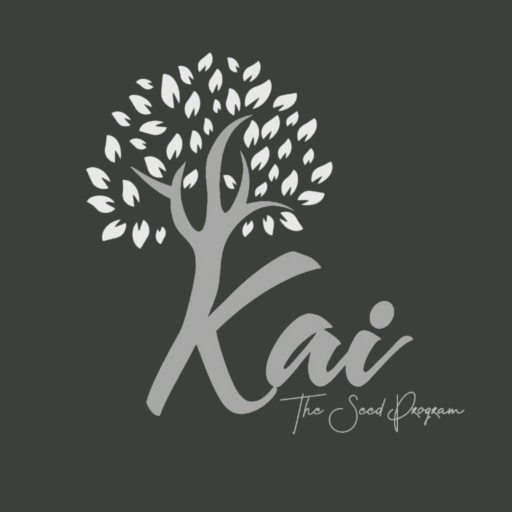Several years ago, a friend invited this consideration, “Muslim women wear their faith daily, often facing public ridicule. “How would you function with your faith on display?” At the time, I was both bi-vocational, pastoring, and teaching second grade, I accepted a secular challenge that affected me spiritually. I arrived Monday morning at school wearing a hijab.
A Muslim student saw me and began sobbing while smiling. The next day, I saw her he proudly wearing a hijab, perhaps feeling empowered. I had not seen her wearing a hijab before. “As Salaamu Alaikum, glad you are here,” whispered another student. A single father of three sent a note that read, “Asa. Idris needs help in math. May Allah reward you.”
Countless others, including Jews, Hindus, and Christians, were welcomed. One week in solidarity became a symbol of hope in challenging times.
I am taking those lessons forward with me this month. For the first time in three decades, this April, people around the country – and the world -will be celebrating Ramadan, Passover, Easter, Vaisakhi, Mahavir Jayanti, and the Feast of Divine Mercy. All at the same time.
This April, we have an opportunity to reflect on how far we have come, and how far we have yet to go.
Vestibulum lacinia arcu
Symbols of hope are essential as America continues to recover from the racialized religious intolerance stemming from September 11. Politically and religiously employed, xenophobia instills fear in many people, causing a chasm between friends and family, human dignity, justice, and integrity. Changing administrations and conflicting interpretations of the First Amendment skew religious rights that religious freedom promised.
Symbols of hope are essential as America continues to recover from the racialized religious intolerance stemming from September 11.
As a person of faith, it is my calling to refute religious doctrines such as the doctrine of election which suggests only the elected will go to heaven, as well as, religious beliefs that exclude people, faith and traditions from God’s beloved community. Religious chauvinism promotes hatred and disharmony. Embracing others where they are exchanges hate for unity and justice engaging a God of common ground.
The hijab, for me, brought a sense of visible hope to my students; and, a heartfelt expression of God’s lovingkindness. In covering my head and breast, children experienced recognizable faith. Today, I wear it proudly as a sacred expression of an inward spirituality. Wearing a hijab is not the only way to practice solidarity.
We have an opportunity to take a moral stance against racialized religion. Racialized religion is when Christian privilege supplants other faiths; and, imposes upon other cultures religious ideal. Social justice is the response of believing communities to racialized religion. Believing communities take an ethical and moral stance affirming the sanctity of humanity towards goodwill. It renounces in word and praxis any attempts to deny freedom, inalienable rights and self-evident truths of religious freedom.
We have an opportunity to assert God’s role in the making of religions. God-inspired faith truths in the desert and public square are rooted in God’s love for humanity, allowing us to see beyond ourselves. There is no more significant time to stand shoulder to shoulder with American Muslims in this age of pestilence and war.
This Ramadan, visit a local mosque, participate in the Community Interfaith Iftar meals, where people of all backgrounds break fast together seeking understanding rather than confusion, unity rather than separation. A welcoming table symbolizes the hope that fosters solidarity for a lifetime
.
Ramadan Mubarak! The Christian Methodist Episcopal Church, Inc. is a historically black institution that recognizes that the world is God’s realm. Our responsibility to human concerns is to live and advocate the shared principles, “loving for our brothers and sisters what we love for ourselves.” We are honored to continue standing “Shoulder to Shoulder” with American Muslims and campaign partners to combat anti-Muslim bigotry and systemic xenophobia. We commit to helping cultivate sacred space, where social justice, equity, ethics, and diversity are the norm.
